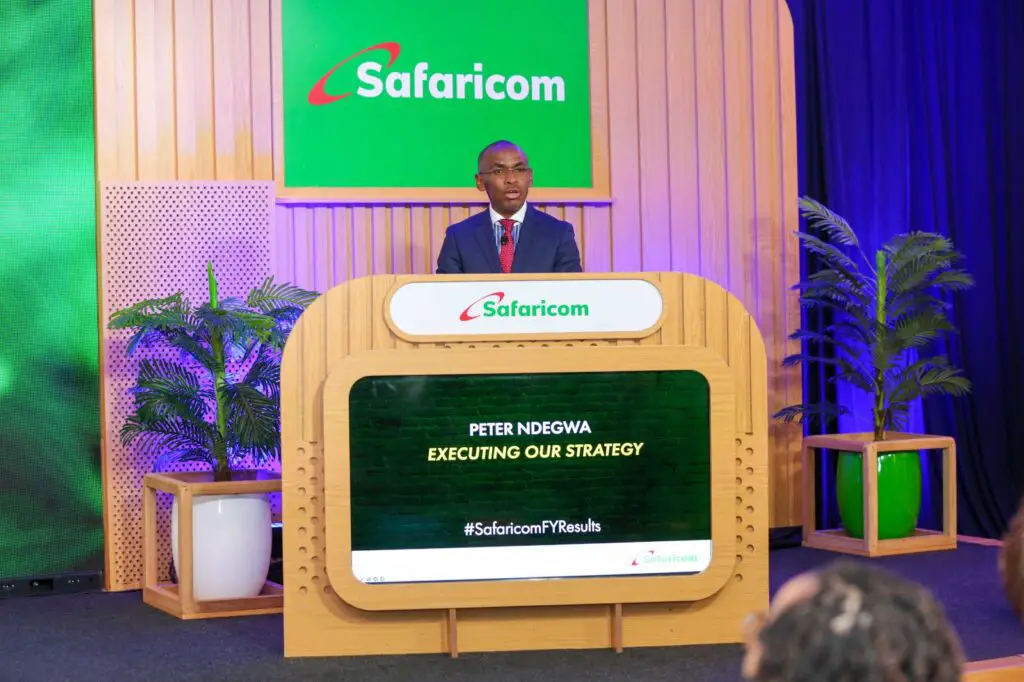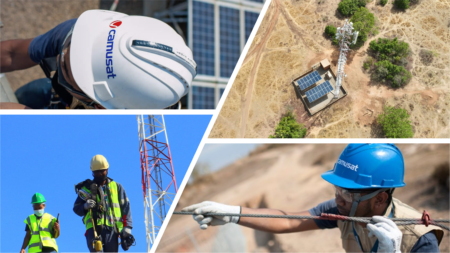- After over a decade since launching, Mpesa has 54.4 million users in Africa.
- Safaricom has increased its Group Service Revenue by 5.2 percent to $2.159 billion, while the Group net income declined by 10.6 percent within Ethiopia.
- Safaricom Telecommunications Ethiopia added close to 3 million customers.
Safaricom, one of Africa’s top telecommunication services in Africa, finally acquired a license to operate M-PESA within Ethiopia. This new milestone will open doors for the East African country by ushering in a new age of mobile money.
This new initiative is what the Ethiopian economy requires as it struggles to regain stability within its borders.
The power of Mobile Money provider M-PESA
M-PESA first debuted in 2007 and sent Africa into a wave of digital money before any government perceived digital transformation. Its primary mechanism allows users to send and receive currency by clicking a button. This new initiative ushered in a new age of prosperity. In addition, it led to the development of Africa’s fastest-growing financial industry, the Fintech Industry.
After over a decade since launching, M-PESA has 54.4 million users in Africa, setting the bar for digital money.
M-PESA has helped the unbanked citizens of Africa as it provides the necessary means for an individual to store their money without the tedious process of a bank. Hailed for its social value and opportunities for SMEs, it has significantly propelled Africa’s economy.
Read: Mobile money lenders meteoric growth in Kenya.
According to an MIT study in 2016, M-PESA and digital money have lifted at least 2 percent of households in Kenya out of poverty. In addition, during the pandemic, it sustained organizations that had ventured into E-commerce. It provides an easy-to-use payment system for goods and services.
Promoting financial inclusion
In a statement by Peter Ndegwa, CEO of Safaricom, he clarified that the organization launched M-PESA to deepen financial inclusion for its customers. To do this, they connected them to affordable financial services. Safaricom and M-PESA are responsible for the 83 percent financial inclusion rate within East Africa. It has effectively ushered in a new age of prosperity.

The concept of digital money soon spread like wildfire from the heart of Kenya to peer countries such as Uganda and Tanzania. Essentially Mpesa predates popular applications such as Venmo, showcasing the brilliance that stems in the heart of Africa.
Today M-PESA is one of Africa’s most extensive mobile money services, having an estimated 19.9 billion transactions in 2022. In Kenya alone, the mobile money service generated $886 million. Its simple nature has led to its widespread popularity and has inspired others to develop mobile money services such as Airtel Money.
Read: Mpesa Charges | Mpesa registration process | Withdrawal Limits | How to Become an Agent?
Mobile money steps into Ethiopia
Safaricom has officially announced that Ethiopia has granted it a license to operate its mobile money services. This comes seven months after the commercial launch of GSM services within the country. With his license, Ethiopia will now have access to Africa’s most extensive mobile money services opening doors to more opportunities.
Mr Ndegwa stated as an organization, they are excited to start their M-PESA service in Ethiopia. He further claimed that the opportunity provides the perfect conditions to offer essential financial services that will help stabilize Ethiopia’s current economic state.
During the seven months, Safaricom Telecommunications Ethiopia added close to 3 million customers. With this figure, they built a distributor network of over 144 outlets delivering a premium quality network in at least 22 cities and regions. In addition, it has lost 1300 network sites and over 900 staff, of whom 81% are Ethiopians.
Safaricom has geared itself to establish a firm base within the East African country. It has ensured its services meet its expected criteria. Safaricom has increased its Group Service Revenue by 5.2 percent to $2.159 billion, while the Group net income declined by 10.6 percent within Ethiopia. Within the same year, Voice service revenue declined by 2.6 percent to $592mbillion. At the same time, mobile data revenue grew by 11.4 percent to $394 million.
Telecommunication in Ethiopia has improved significantly since its operation started. By establishing a mobile money service, Ndegwa sees a promising future. He stated, “We have delivered solid results despite the tough operating environment occasioned by a slowdown in business activity in an election year in Kenya. In addition to tough macro environment and change in mobile termination rates which impacted our voice revenues significantly.”
Furthermore, he claimed that its business and telecommunication in Ethiopia are stable, and he hopes it will gain momentum as it begins to kick off its operations.
Read: Swords drawn in Kenya’s Telecommunication industry.
The concept of mobile money revolutionized Africa’s financial system and has smoothened the transition to fintech. The idea of digital money has proven its worth in Africa as more startups focus on increasing financial inclusion within the continent.
With this new development, Mpesa has proven once more why it is the pioneer of Africa’s mobile money revolution.











